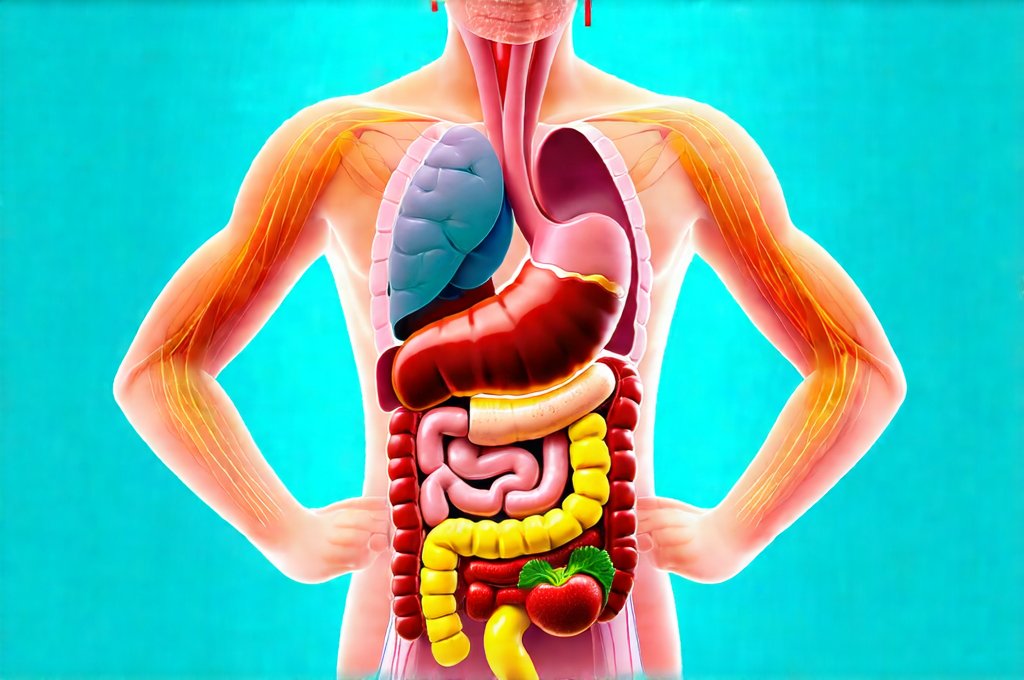Gas and bloating are incredibly common digestive complaints that can range from mildly annoying to seriously disruptive. Many factors contribute to these issues, including diet, lifestyle habits, stress levels, and underlying gut health. Often, simple adjustments to daily routines can yield significant improvements in comfort and overall well-being. This 7-day plan isn’t about restrictive dieting or drastic changes; it’s about making mindful choices that support a healthier digestive system. It focuses on identifying potential trigger foods, incorporating digestion-boosting practices, and establishing habits for long-term gut health. Remember, everyone is different, so paying attention to your body’s responses is crucial.
This plan is designed as a starting point – a gentle nudge towards improved digestion. It’s not intended as a cure-all, but rather a framework you can adapt to your individual needs and preferences. The goal isn’t just to eliminate gas temporarily, but to understand what contributes to it in your case and create sustainable habits that promote consistent digestive comfort. We will focus on dietary modifications alongside mindful eating techniques and lifestyle adjustments to create a holistic approach. It’s about building awareness and empowering you to take control of your gut health journey.
Dietary Foundations for Digestive Ease
Diet plays an enormous role in gas production and overall digestion. Certain foods are more likely to cause fermentation in the gut, leading to increased gas. However, it’s rarely as simple as eliminating entire food groups. Often, quantity is just as important as the food itself. This phase focuses on identifying potential trigger foods through a process of mindful elimination and reintroduction – not necessarily complete removal. Focus instead on incorporating easily digestible options and reducing known offenders during this 7-day period. Prioritize whole, unprocessed foods whenever possible.
The key here isn’t deprivation but thoughtful substitution. For example, swapping carbonated beverages for water or herbal tea can dramatically reduce air intake. Similarly, choosing lean proteins over fatty meats and opting for cooked vegetables instead of raw ones can lessen digestive strain. Consider keeping a food diary during this week to track what you eat and how it makes you feel – note any correlation between specific foods and gas/bloating. This self-awareness is invaluable in identifying your personal triggers.
A cornerstone of this dietary approach is increasing fiber intake, but doing so gradually. A sudden increase can actually worsen bloating initially. Focus on soluble fiber sources like oats, bananas, and applesauce, which are gentler on the digestive system than insoluble fiber found in bran or raw vegetables. Hydration is also critical; water helps move food through the digestive tract efficiently. Aim for at least 8 glasses of water daily.
Mindful Eating Practices
Mindful eating isn’t a diet – it’s an approach to how you eat, not just what you eat. It involves paying attention to your body’s hunger and fullness cues, savoring each bite, and minimizing distractions during mealtimes. This can significantly improve digestion by allowing your body to focus on the process rather than being overwhelmed with sensory input or stress.
- Slow down: Chew your food thoroughly. Digestion begins in the mouth!
- Eliminate distractions: Turn off the TV, put away your phone, and focus solely on your meal.
- Pay attention to hunger cues: Eat when you’re genuinely hungry and stop when you’re comfortably full – not stuffed.
- Practice gratitude: Appreciate your food and the nourishment it provides.
Many people eat quickly without fully registering what they are consuming. This can lead to swallowing excess air, incomplete digestion, and ultimately, more gas. Taking a few deep breaths before each meal can help calm the nervous system and prepare your digestive system for optimal function. Remember that stress directly impacts digestion; creating a relaxed eating environment is essential.
Lifestyle Adjustments for Gut Health
Beyond diet and mindful eating, several lifestyle factors significantly impact digestive health. Regular physical activity promotes gut motility – the movement of food through the digestive tract – preventing constipation and reducing gas buildup. Even a short walk after meals can be beneficial. Stress management techniques are also crucial, as stress disrupts digestion and contributes to bloating.
- Incorporate regular exercise: Aim for at least 30 minutes of moderate-intensity exercise most days of the week.
- Manage stress: Practice relaxation techniques such as yoga, meditation, or deep breathing exercises.
- Prioritize sleep: Aim for 7-8 hours of quality sleep per night. Sleep deprivation can negatively impact gut health.
Consider incorporating probiotic-rich foods into your diet, like yogurt (if tolerated), kefir, sauerkraut, or kimchi. Probiotics are beneficial bacteria that support a healthy gut microbiome. However, if you have underlying digestive issues, it’s best to introduce probiotics gradually and observe how your body responds. Finally, avoid smoking and limit alcohol consumption, as both can irritate the digestive system. Prioritizing these lifestyle changes will contribute significantly to long-term digestive well-being.
This 7-day plan is a journey of self-discovery. Pay close attention to how your body reacts to each change you make. What foods seem to trigger gas? Which practices provide relief? Use this information to tailor the plan to your individual needs and create lasting habits that support a happy, healthy gut.




